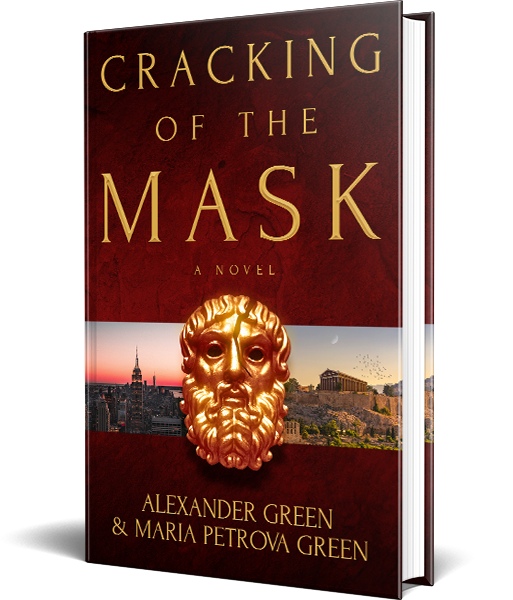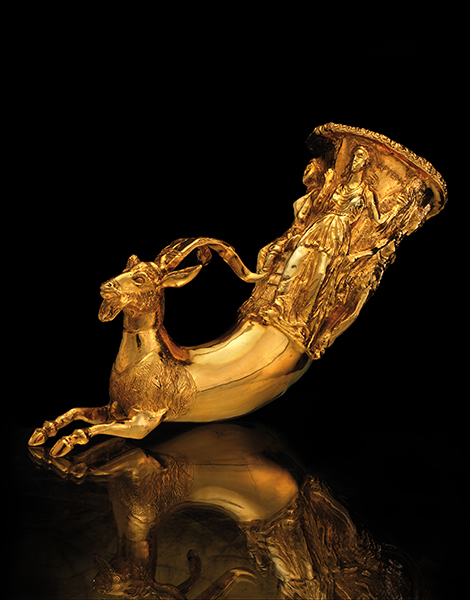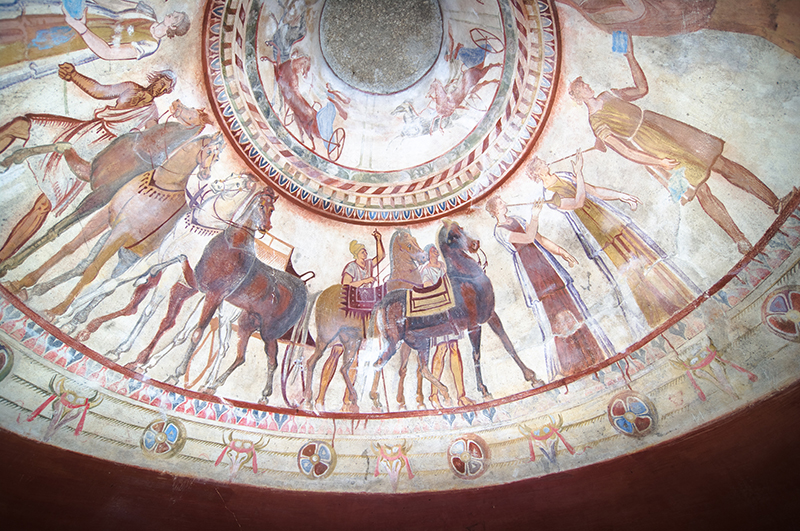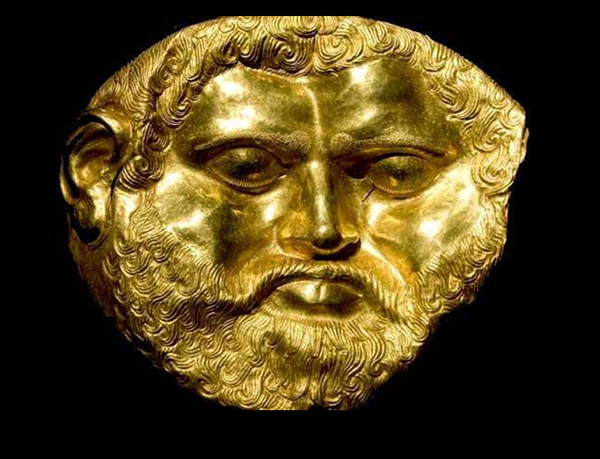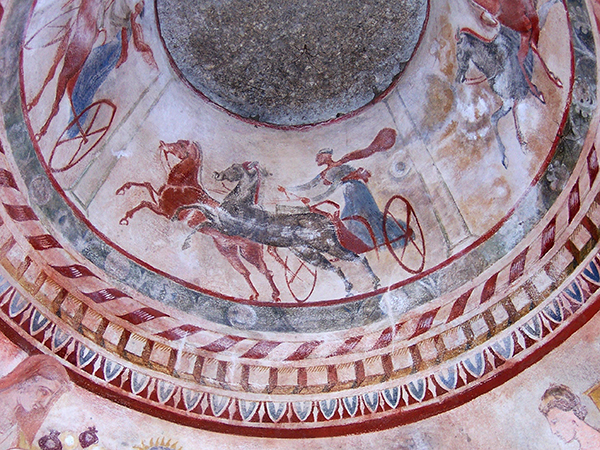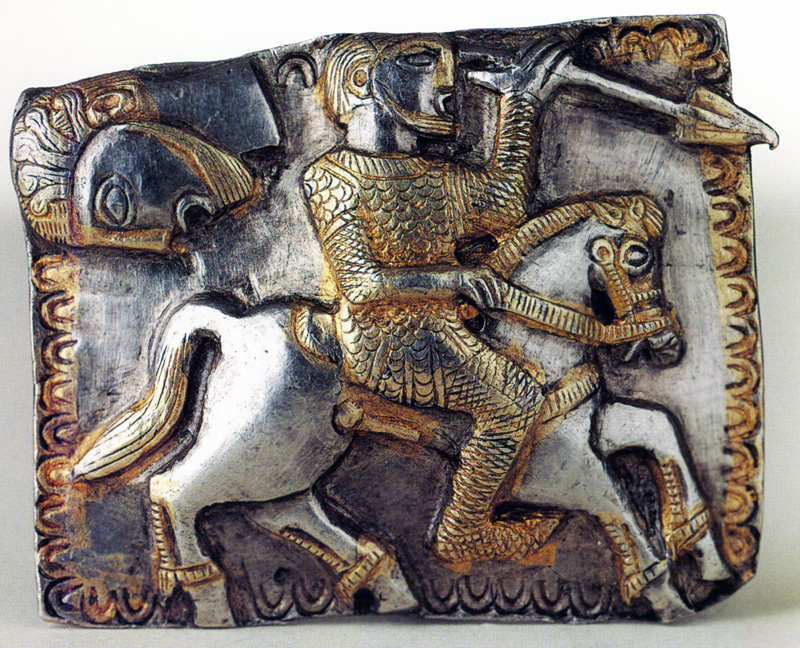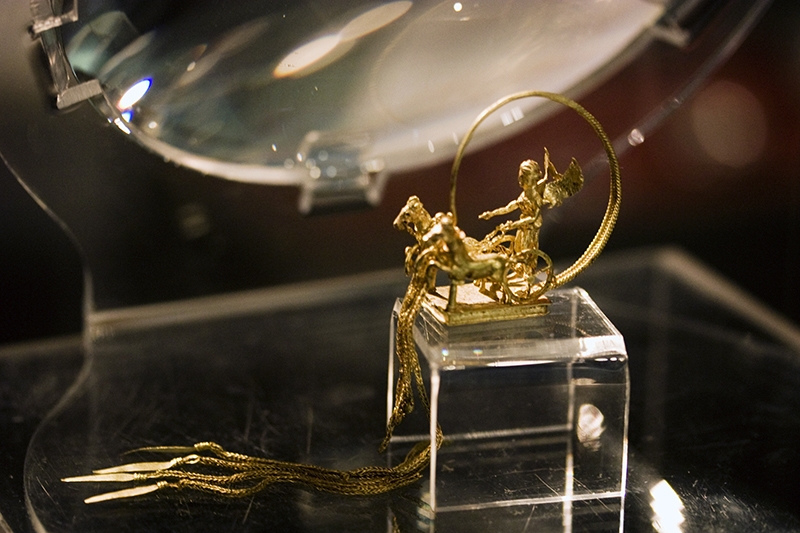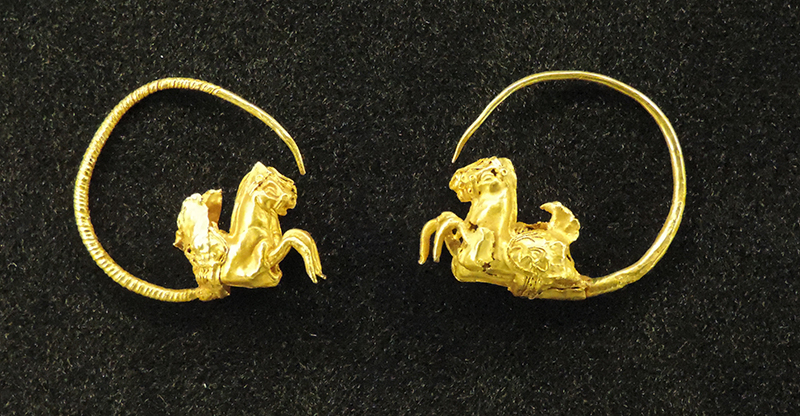Historical Sources
Primary Sources
• Against Aristocrates by Demosthenes
• The Library of History by Diodorus Siculus
• Ethnica by Stephanus of Byzantium
• History by Ammianus Marcellinus
• Anabasis by Xenophon
• Histories by Herodotus
• History of the Peloponnesian War by Thucydides
• Geography by Strabo
• Natural History by Pliny the Elder
◦ Inscription found in Athens recording a treaty and alliance in 357 BCE between Athens and the three Thracian kings Berisades, Amadokus, and Kersebleptes (IGII2 126).
◦ Inscription found in the Acropolis in Athens recording an alliance for joint action against Philip II of Macedonia. The alliance was ratified in the summer of 356 BCE between Athens, King Ketriporis of Thrace, King Grabos of Illyria, and King Lyppeios of Paeonia (IGII2 127).
Secondary Sources
• The Odrysian Kingdom of Thrace: Orpheus Unmasked by Zosia Archibald (Oxford, 1998)
• The Gods of Battle: The Thracians at War, 1500 BC – 150 AD by Chris Webber (Pen & Sword Military, 2011)
• Ancient Gold: The Wealth of the Thracians by Ivan Marazov (Harry N. Abrams, 1998)
• A Companion to Ancient Thrace, edited by Julia Valeva, Emil Nankov, and Denver Graninger (Wiley, 2015)
• The Thracians 700 BC – AD 46 by Chris Webber; illustrated by Angus McBride (Osprey, 2001)
• The Thracian Temple in Starosel by Ivan Hristov, Dimitar Anastasov, and Angel Angelov (Unikart, 2008)
• A Companion to Ancient Macedonia, edited by Joseph Roisman and Ian Worthington (Wiley, 2010)
• “Demos: Classical Athenian Democracy,” edited by Christopher Blackwell (The Stoa, 2003)
• Topostext.org (for geographical information)
• Assortment of academic papers on Academia.edu (a complete listing is coming soon!)
Authors’ Note: Cracking of the Mask is a work of fiction. The ancient storyline was inspired by actual events from the 4th century BCE in Thrace. As fiction writers, we have used our imagination to “fill in some gaps,” as not many details are known about this time period and many open questions remain. We have interpreted historical figures and poorly attested events in a way that would fit the concept of “The Mask by Zenon McClow.” We only have the best of intentions in portraying ancient Thrace in a story but apologize for any shortcomings or faults in the narrative.


